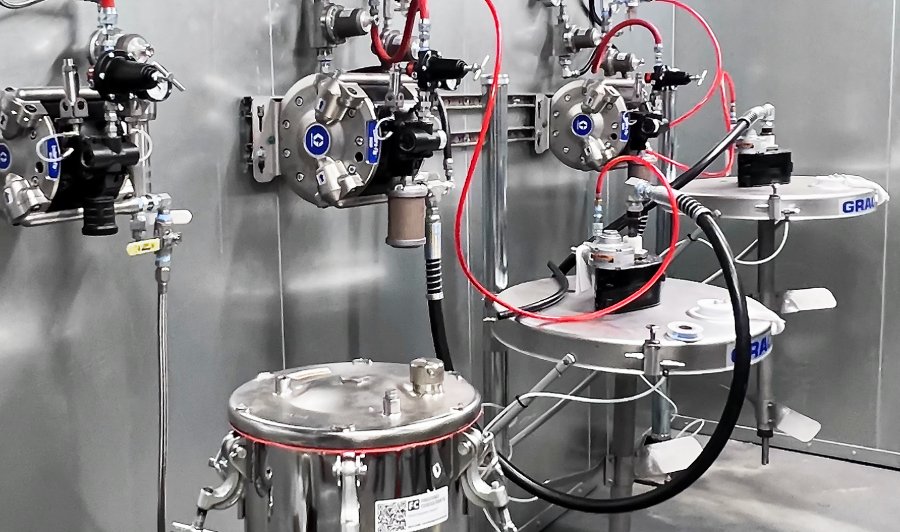Beyond the Brush: Mastering High-Performance Coatings with Specialized Equipment

In today’s construction and industrial maintenance world, there are strict performance standards, especially for protective coatings, fireproofing, and high-efficiency insulation like spray polyurethane foam (SPF). For these applications, materials—often two-component (plural component) systems—need to be mixed, heated, and pressurized with extreme accuracy right where they are used. The successful use of these chemical systems depends entirely on the quality and complexity of the equipment used, unlike applying traditional single-component paints. If the temperature or pressure changes a little across the hoses, it can cause material to not cure properly, poor adhesion, and expensive project failures. Because contractors need reliable, heavy-duty machinery, specialized manufacturers have become essential partners. PMC machines and tools are some of the most well-known brands in this area. These systems are made to handle the very high viscosity and exact ratio needs of polyureas, polyurethanes, and complex epoxy coatings. This makes sure that the materials are always the same and that the yield is as high as possible in places where performance can’t be compromised.
Reliability is the most important thing for contractors who work in large, diverse areas, especially in a market with its own set of logistical and climate problems. Commercial projects need a network of equipment that can handle the changing seasons and long distances. This equipment needs to be strong in the field and have easy access to service. This is why it’s so important to choose a system that is reliable and has been around for a while. For example, the fact that there is a Graco machine in Canada means that someone has bought equipment that can handle the harsh weather and job site conditions in Canada. These machines are known for their long-lasting pump designs and easy-to-use interfaces. They can handle everything from high-volume coatings to consistent SPF insulation applications. When contractors choose a well-known brand, they are getting more than just hardware. They are also getting a reliable supply chain, easy-to-find spare parts, and a lot of technical support. These are all things that keep large infrastructure or commercial building projects from going down for long periods of time.
These specialized plural component machines give you a technological edge that leads to better project results. Advanced features, like separate heating zones for each material part, ratio assurance systems, and very responsive pressure management, make sure that the material hits the substrate exactly how the manufacturer wanted it to. In terms of energy efficiency, this means getting the exact R-value for spray foam. For polyurea protective coatings, it means getting the fast-curing, seamless, and long-lasting finish needed for things like bridge decks or water containment structures.
These highly regulated systems greatly improve operational efficiency in addition to quality. They let crews finish big areas quickly and cut down on labor costs by reducing material waste from off-ratio mixing and letting them work faster than normal methods. This level of accuracy is not just a nice-to-have; it is a requirement for quality assurance. In the high-stakes world of commercial insulation and industrial protective coatings, a successful application protects the client’s long-term asset value, makes sure they follow the rules, and validates warranties.
In the end, the type of spraying technology a contractor chooses affects their ability to do the job and make money. The first step in creating a better service model is to rely on cutting-edge, specialized units, whether they are PMC machines and tools with their heavy-duty focus or a Graco machine in Canada. It takes the conversation from competitive pricing to competitive quality, which lets the contractor bid on tough projects that need guaranteed application integrity and world-class finish performance. Putting money into this technology is putting money into accuracy, durability, and the business’s future efficiency.





